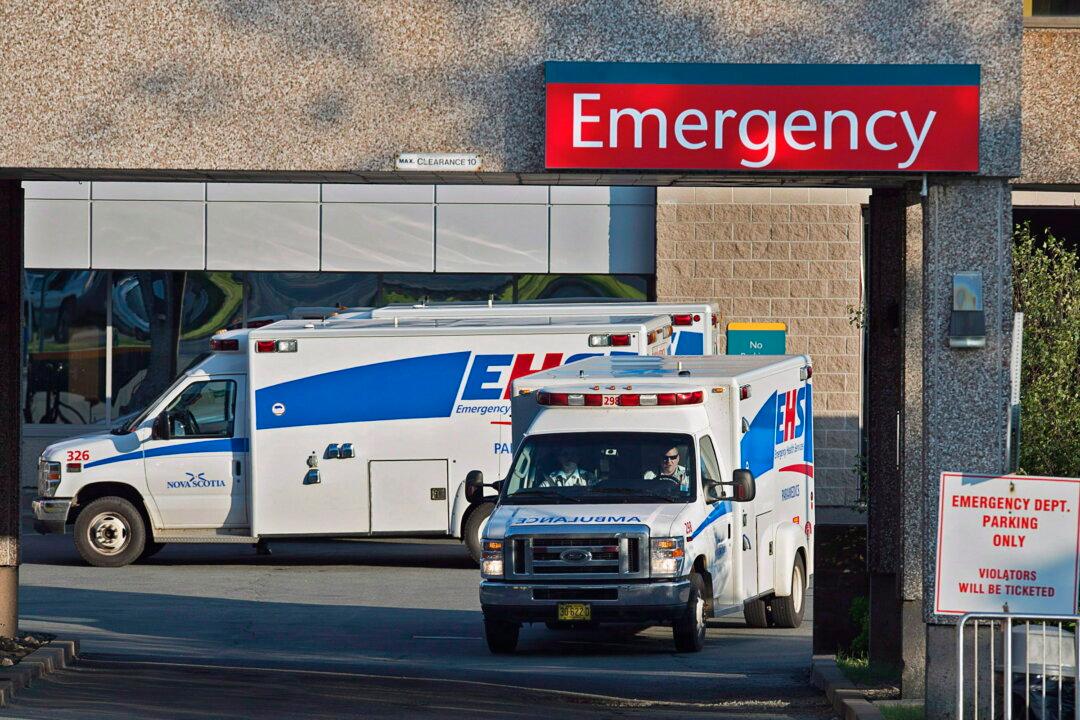Another Nova Scotia woman has died after waiting for hours at an emergency room before she gave up and left. Now her family is gathering stories of similar cases to push for a change in the province’s health care system.
“I was sad. But now? Now I’m mad,” said Katherine Snow on Nova Scotia Healthcare Crisis, a website she created after the recent death of her mother-in-law, Charlene.





